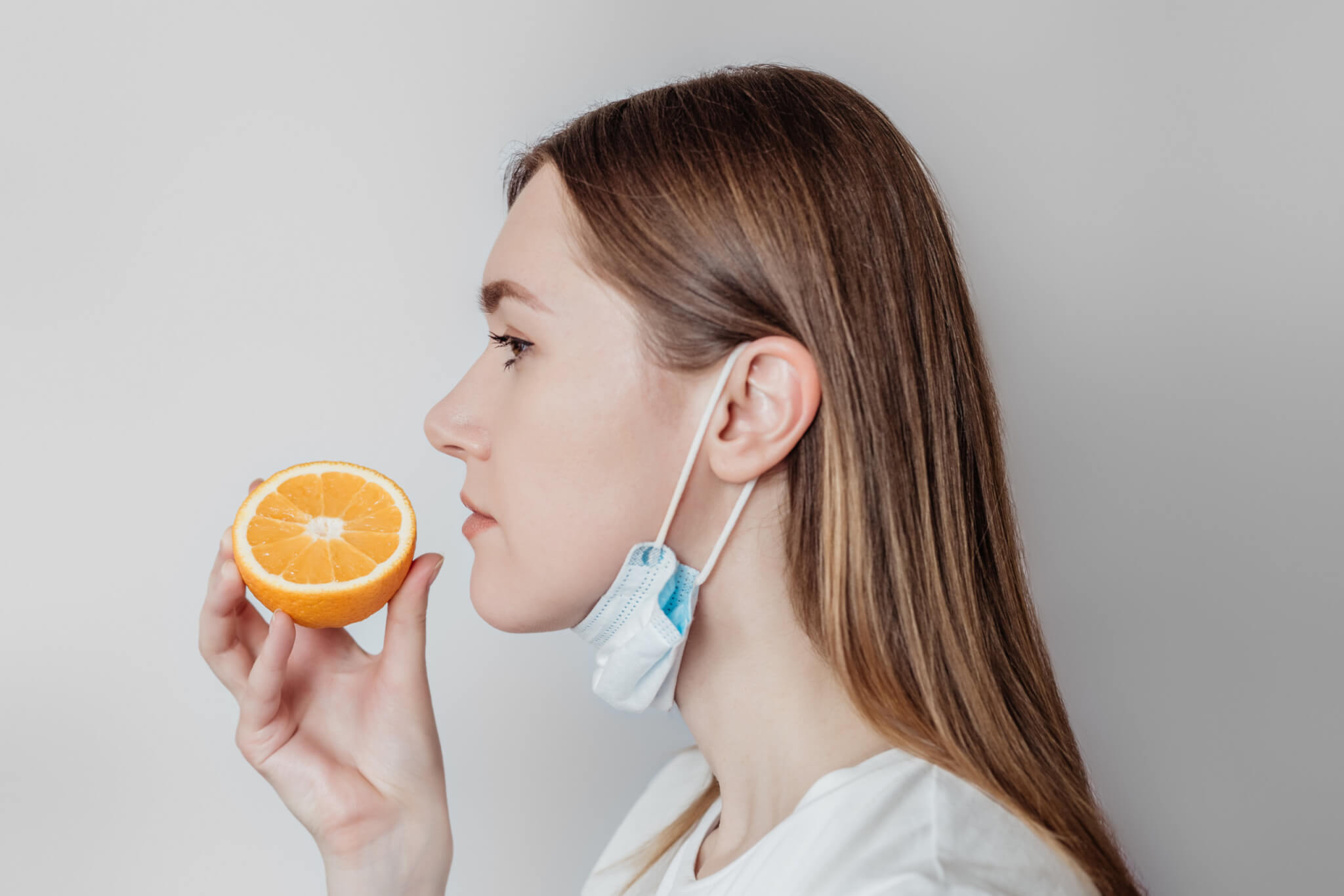NORWICH, United Kingdom — Losing your sense of smell can have dire implications for your safety, a new study warns. University of East Anglia researchers say over a third of people who report having a smell disorder also admitted to experiencing gas safety scares within the past five years. This research underscores the often-overlooked risks associated with olfactory dysfunctions — conditions that impair one’s sense of smell.
Conducted between February and September 2022, the study surveyed 432 participants, uncovering that an alarming 85.9 percent harbored safety concerns, particularly about gas leaks, smoke detection, and consuming spoiled food. These concerns are not unfounded, as the data revealed significant numbers of hazardous events linked to their smell disorders over the five years surveyed.
Specifically, the study found many respondents experienced serious smell-related issues over the last 5 years:
- 32.2% experienced a safety concern related to spoiled food
- 14.8% were involved in a gas incident in which someone was hurt
- 34.5% had a gas scare
- 18.5% had a safety incident at work
“The findings show that smell loss significantly affects personal safety and emotional wellbeing. But we can help by finding ways to make things safer for them,” says study lead author Dr. Liam Lee, an Academic Foundation doctor at Norfolk and Norwich University Hospital, in a media release.
“We could teach people about the risks and make tools like ‘scratch and sniff’ cards to help them recognize dangerous smells.”
Before the pandemic, over three million people in the United Kingdom alone (5% of the population) were estimated to suffer from smell loss. This number has since increased, with around one million more individuals experiencing persistent issues following COVID-19 infection. Smell disorders can range from complete loss (anosmia) to reduced smell (hyposmia), distorted smells (parosmia), or smell hallucinations (phantosmia).
Interestingly, 22 percent of the survey’s respondents attributed their olfactory dysfunction to COVID-19, highlighting the pandemic’s lingering effects.

“While most respondents reported not experiencing any adverse events, it’s noteworthy that among those without any gas-related incidents, a common reason cited was the deliberate avoidance of living in environments with gas installations due to fear and anxiety of potential accidents,” notes study co-author Carl Philpott, professor at UEA’s Norwich Medical School.
Fifth Sense, co-founded by Philpott and Duncan Boak, provides vital support to individuals affected by smell and taste disorders.
“Another issue is that we don’t routinely test the sense of smell which means that these problems often get missed with people not getting the care they need, or support and information to help them stay safe at home,” explains Boak.
“I hope that our research serves as a prompt for policymakers and the NHS [National Health Service] to start working with us to address what is a major health inequality.”
The personal story of Hannah Martin, a 32-year-old from Littlehampton who lost her sense of smell following a viral infection, brings the study’s findings to life. Martin recounts a gas scare that could have ended disastrously, highlighting the emotional toll and the critical importance of safety measures.
“It has majorly impacted my mental health and Fifth Sense’s safety information has literally saved my life,” says Martin. “My quality of life would not be what it is without the work that Duncan and his team do. My only regret is that I didn’t find them sooner.”
The collaboration between Fifth Sense and Cadent, the UK’s largest gas distribution network, aims to raise awareness and provide essential safety information to those with smell disorders.
“It’s really important that we help keep those with anosmia and other smell disorders, safe around gas,” adds Mark Belmega, director of social purpose and sustainability at Cadent.
“We know cases have increased following the COVID-19 pandemic and so we’re proud to work in collaboration with Fifth Sense to amplify key gas safety tips, including regularly servicing gas appliances, joining the Priority Services Register and getting gas and CO detectors fitted at home.”
The study is published in the journal European Archives of Oto-Rhino-Laryngology.

The sense of smell requires adequate zinc in your diet. Zinc is also a critical tool of your immune system, so if you lost your sense of smell when you had covid, it was likely because your body had used up its zinc stores fighting the covid.
Eat more zinc rich foods. While I still had covid, eating a pot of lentils quickly restored my lost sense of smell, and I still eat them periodically.